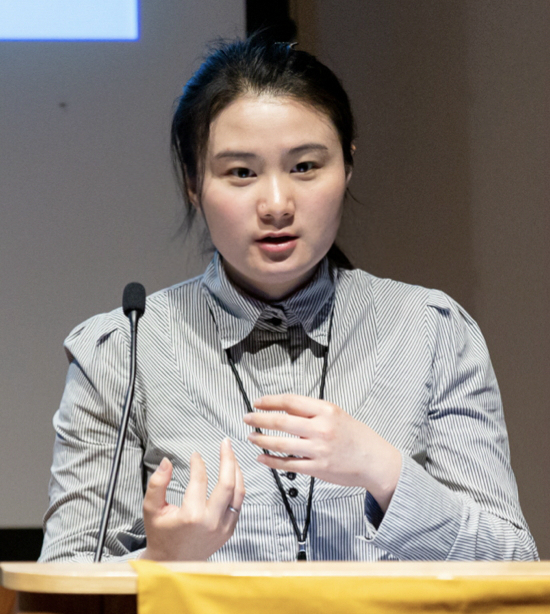
Dr. Jin Zhang, an associate professor in the Department of Geology and Geophysics at Texas A&M University, has been elected president-elect of the American Geophysical Union (AGU) Study of the Earth’s Deep Interior (SEDI) section for the 2025-26 term. Following her two-year term as president-elect, she will serve as SEDI president from 2027 to 2029. This prestigious election underscores Zhang’s significant contributions to advancing understanding of planetary interiors, particularly through high-pressure and high-temperature experiments.
Zhang’s research focuses on the compositions, structures and dynamics of the Earth and other planets using Brillouin spectroscopy to measure the sound velocities of planetary materials. This technique provides vital insights into the geophysical and geochemical processes shaping planetary interiors. Her expertise aligns with SEDI’s mission to explore the fundamental properties of Earth’s interior and push the boundaries of knowledge in the field.

The AGU, a global community of Earth and space science professionals, supports more than 500,000 members worldwide. Through sections like SEDI, the AGU fosters collaborative research and innovative approaches to addressing complex challenges in Earth sciences. Zhang’s leadership will be instrumental in shaping the future of the field and ensuring the continued growth of SEDI’s impact.
“It’s an incredible honor to be elected by my peers to lead such a vital section of the AGU,” Zhang said. “I look forward to working with the SEDI community to deepen our understanding of the Earth’s interior and inspire the next generation of geoscientists.”
In addition to her scientific expertise, Zhang is committed to promoting interdisciplinary collaborations within traditional disciplines like seismology and mineral physics, as well as emerging fields such as planetary sciences and natural disasters. Her vision for SEDI includes building bridges across these areas to enrich the section’s work and expand its reach. Zhang also emphasizes the importance of supporting the next generation of scientists. She plans to focus on junior members, ensuring they have the resources and mentorship to thrive. Her leadership promises to further SEDI’s mission, enhancing both its scientific contributions and its community-building efforts.
